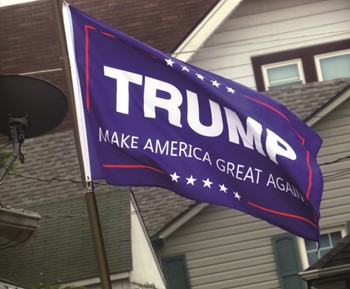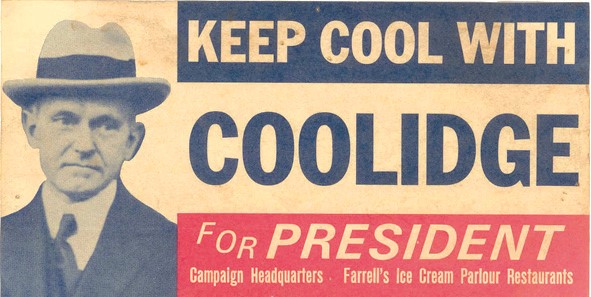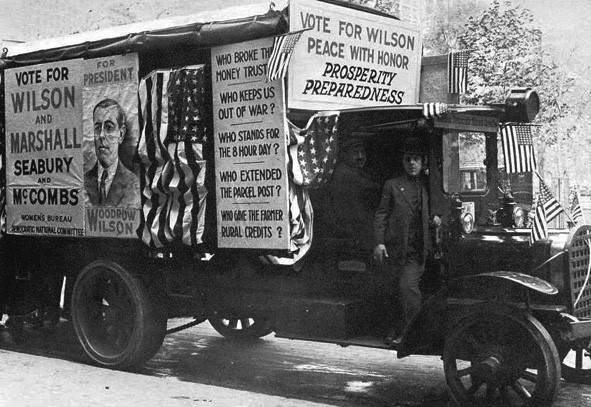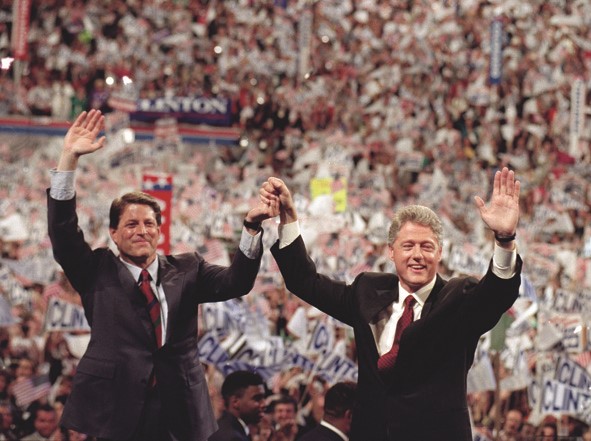Timeline: Presidential slogans
After the January inauguration of US President Donald Trump, a look back at presidential campaigns explores the precision, creativity and knowledge of what voters want that comprise most successful slogans. How do candidates make their statements part of the lexicon of American politics?
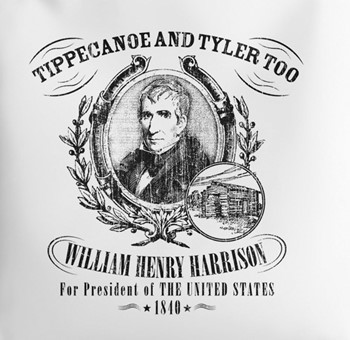
1840 William Henry Harrison
William Henry Harrison was the hero of the 1811 Battle of Tippecanoe. Using that fame as part of his presidential run, the Whig party wrote a song, ‘Tippecanoe and Tyler Too,’ referring to running mate John Tyler.
1864 Abraham Lincoln
‘Don’t swap horses in the middle of a stream,’ became Lincoln’s hope for reelection in the midst of the American Civil War.
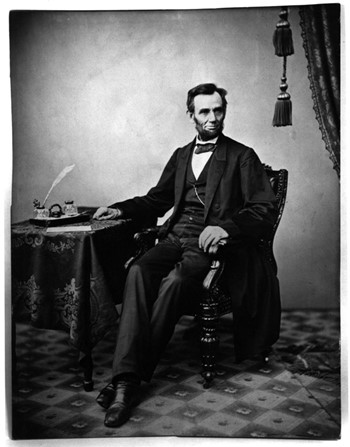
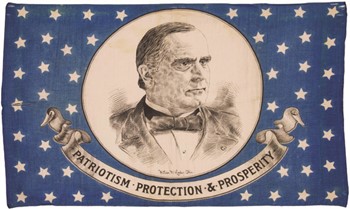
1896 William McKinley
For William McKinley, protectionism was the answer to uncertainty during the Spanish-American War. His campaign slogan, ‘Patriotism, protection and prosperity,’ defined his foreign policy as well as his campaign.
1916 Woodrow Wilson
Maybe the biggest campaign promise that never was, Woodrow Wilson’s ‘He kept us out of war’ rang true only until 6 April 1917. On that day, Wilson asked congress to declare war on Germany and the Austro-Hungarian Empire. Thus, Wilson became the president that led the US into the first world war.
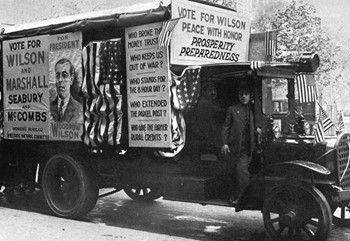
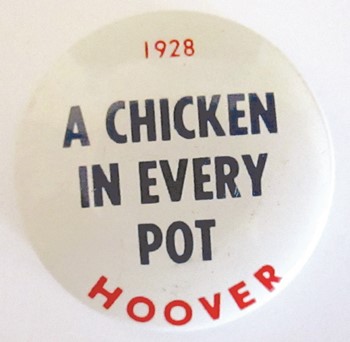
1928 Herbert Hoover
Not the first nor the last campaign slogan to end in irony, Herbert Hoover promised Americans, ‘A chicken in every pot and a car in every garage.’ Unfortunately, 29 October 1929 sounded the death knell for that dream as the Great Depression was rung in by the time of the stock market’s closing bell.
1952 Dwight D. Eisenhower
Popular second world war general Dwight D. Eisenhower put his nickname to use in the still-popular slogan, ‘I like Ike.’
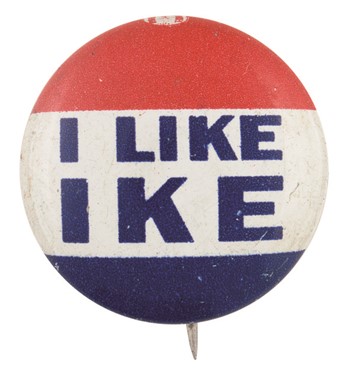
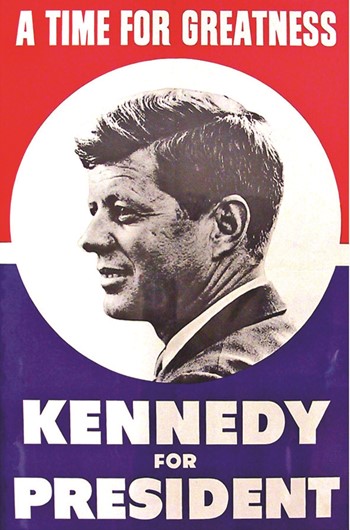
1960 John F. Kennedy
In the midst of the Cold War, John F. Kennedy built hope into his campaign with the slogan, ‘A time for greatness.’ He followed that in his inaugural address, with the call to action, “Ask not what your country can do for you, ask what you can do for your country.”
1976 Jimmy Carter
Vying for office in the aftermath of the Vietnam War and the Watergate scandal, Jimmy Carter’s ‘A leader, for a change,’ follows in the tradition of promising change.
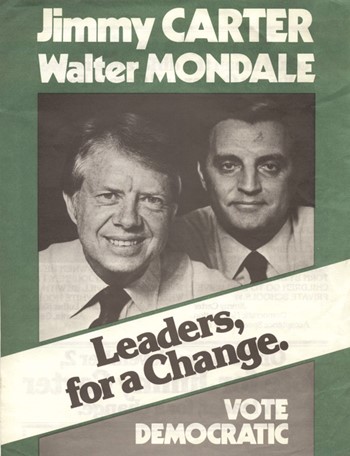
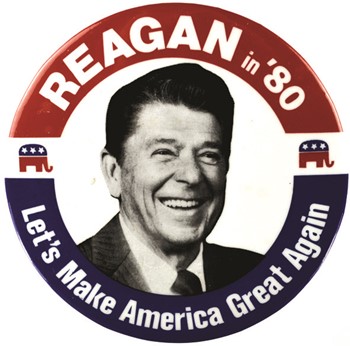
1980 Ronald Reagan
Ronald Reagan asked Americans, ‘Are you better off than you were four years ago?’ But his contribution to political slogans has lived on through, ‘Let’s make America great again,’ originally referring to economic stagnation.
1992 Bill Clinton
Bill Clinton, like Richard Nixon in 1960, took a future-facing approach by using lyrics from Fleetwood Mac’s hit ‘Don’t Stop.’
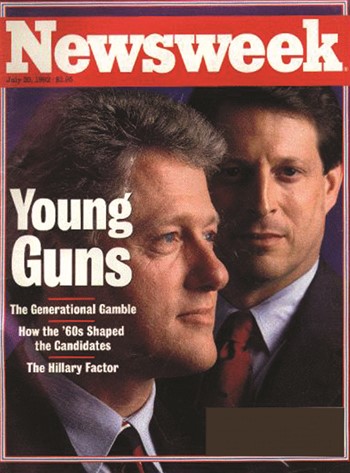
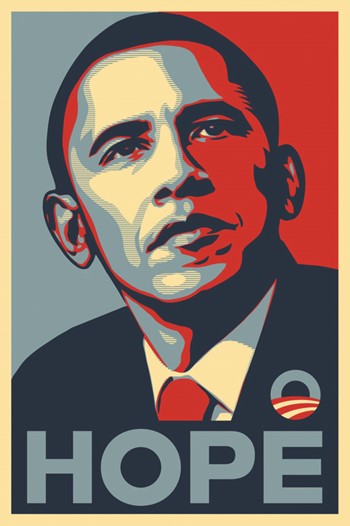
2008 Barack Obama
Barack Obama was arguably the first to successfully marry a campaign slogan and an iconic image or campaign poster. The Shepard Fairey-designed posters emblazoned with ‘hope,’ ‘change’ or ‘progress,’ came to define Obama’s brand.
2016 Donald Trump
The fervour with which many Americans took to Donald Trump’s second-hand slogan has come to define a new era in American politics. ‘Make America great again’ has now, like some of its forebears, transcended campaign politics and come to define its era.
